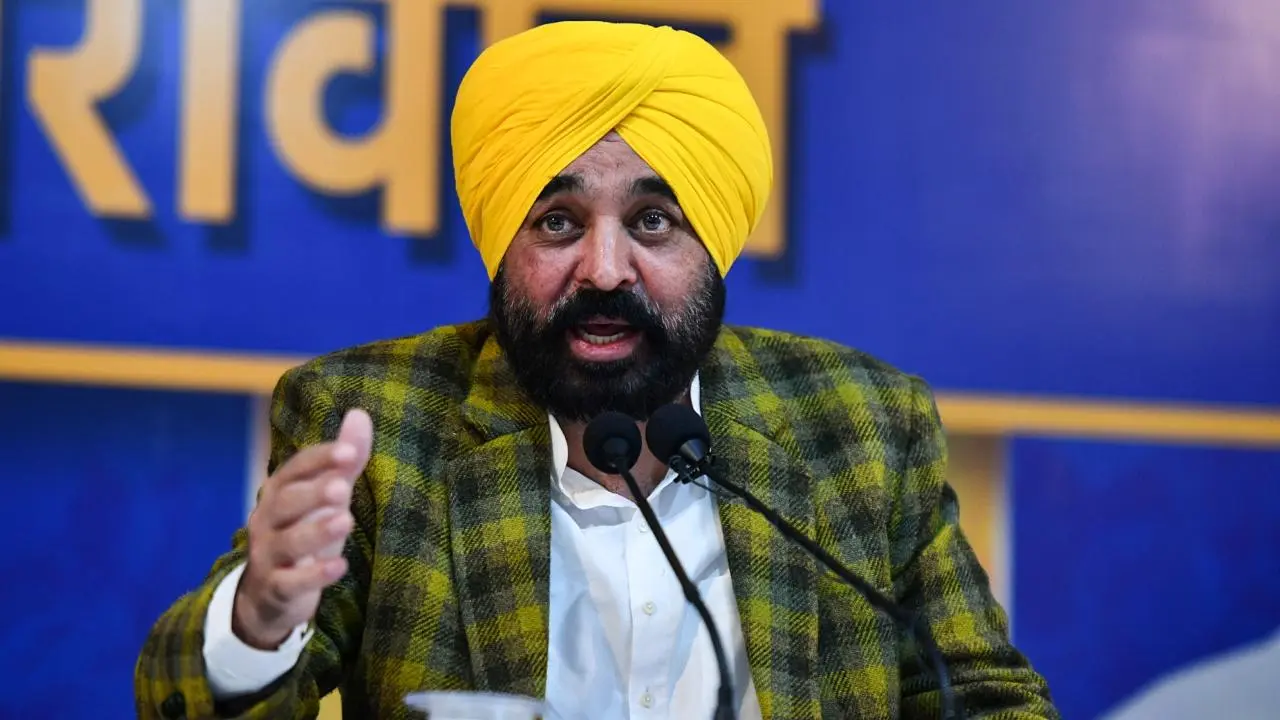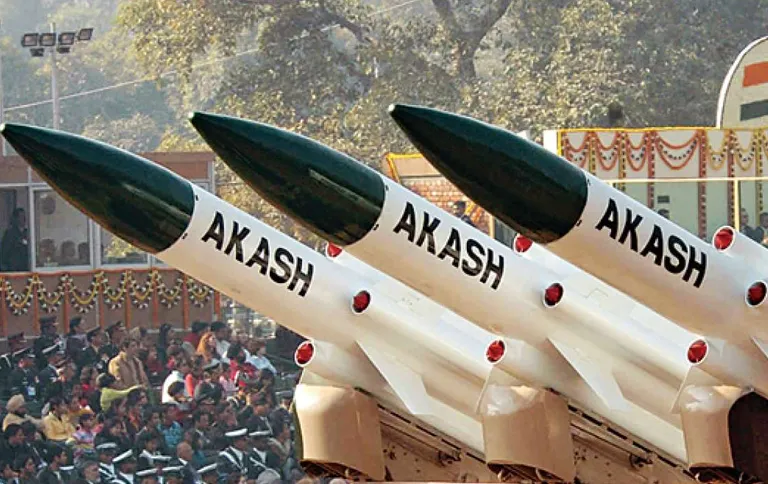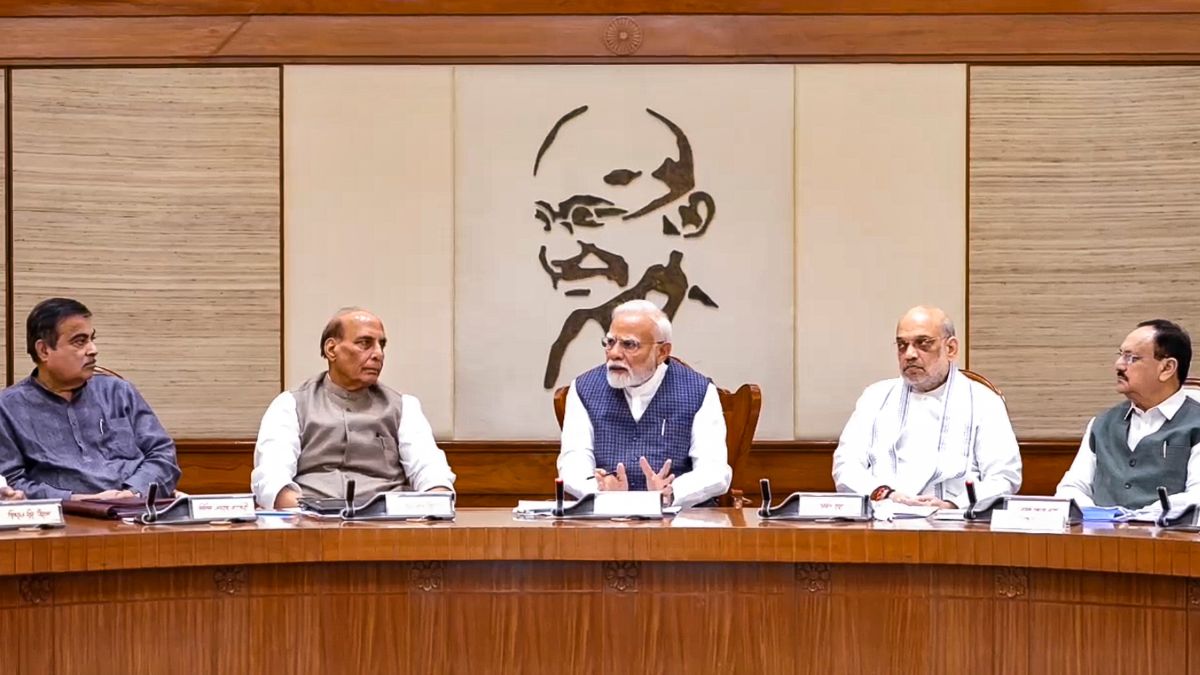
Punjab Chief Minister Bhagwant Mann, in an interview with The Indian Express, expressed full support for ‘Operation Sindoor’, calling it a justified and strong response to the Pahalgam terror attack and a clear message that India will not tolerate terrorism or threats to its sovereignty. As the leader of a frontline border state, Mann emphasized that Punjab has stepped up security measures across all border areas, increased coordination with central agencies, and remains fully alert and prepared for any eventuality.
He detailed post-attack actions such as high-level security meetings, enhanced patrolling, and tighter security at religious and sensitive locations. He asserted that Punjab is cracking down on narcotics, drone activity, smuggling, and gang wars — all of which are often linked to external forces. Arrests and weapon seizures have disrupted several such networks.
Mock drills are being conducted in 20 districts, including Mann’s own constituency, as part of a nationwide preparedness initiative. He stressed that security is a shared responsibility and that Punjab is committed to national unity and coordination in times of crisis.
On the issue of the Pahalgam attack, Mann urged that the focus should be on unity and justice for the victims rather than political blame games. Investigations into intelligence lapses can come later, but terrorism must be dealt with firmly and decisively.
Speaking on the Punjab-Haryana water dispute, Mann reiterated that Punjab does not have surplus water and is already supplying 4,000 cusecs to Haryana. He accused the Bhakra Beas Management Board (BBMB) of being biased under BJP influence, trying to force Punjab to supply 8,500 cusecs, which he called unacceptable. He emphasized the state’s right to its rivers and warned against political interference in water-sharing agreements, insisting on a fair, riparian-based approach.
On security challenges from Pakistan, Mann said Punjab is the nation’s protective shield and that Pakistan’s attempts to destabilize it have failed. He linked drug smuggling to terrorism and called for a permanent, national-level strategy involving both Centre and states to counter such threats.
Finally, on the Centre’s decision to conduct a caste census, Mann welcomed it as a step towards social justice and equitable policy-making. However, he insisted that it must go beyond mere data collection and include comprehensive mapping of socio-economic and educational indicators to ensure inclusive development. He concluded by reaffirming Punjab’s commitment to fairness, security, and justice for all its people.




